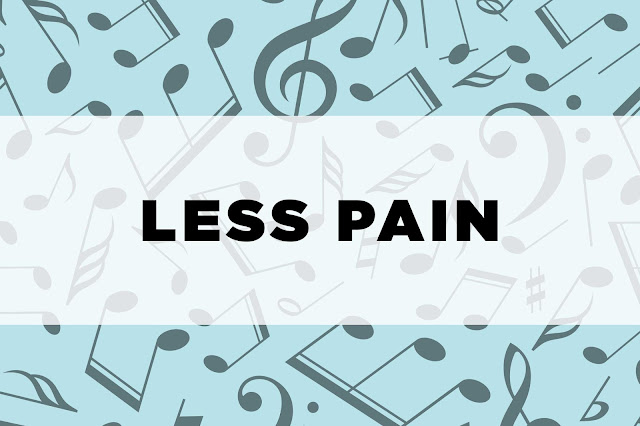Classical music is more than just pleasant background noise; it may actually make you healthier. Here’s how Mozart and Vivaldi could help you become smarter, healthier, and even get a good night’s rest.
Classical music eases pain
Saying goodbye to pain could be as easy as cuing up your favorite music app. Research has shown that music can be effective at decreasing pain among surgical and cancer patients. A 2006 study found that groups with chronic pain who listened to music reported feeling less pain and more power over their depression and disability than those who didn’t. Researchers suggest that music empowers patients recovering from surgery and even encourage nurses to use it as a rehabilitation tool.
Classical music lowers blood pressure
A study published in the Journal of Health Psychology found that participants who listened to classical music had significantly lower blood pressure levels than participants who did not hear any music. Researchers believe that listening to music may help your heart recover from stress, decreasing blood pressure as a result. Here are other surprising things doctors won’t tell you about healthy blood pressure.
Classical music makes you more emotional
Listening to music might inspire even the most apathetic person to crack a smile. Researchers at Southern Methodist University observed volunteers while they wrote about the most significant event or experience in their lives. They found that participants who had classical music in the background while writing became more emotionally vulnerable and more willing to disclose information than those who didn’t. And these benefits extend beyond the page; being more aware and in control of your emotions is a great way to maintain better, healthier relationships.
Classical music helps you sleep
Classical music can be an easy home remedy for restless snoozers. A 2006 study found that students with sleep disorders slept better when they fell asleep to classical music than those who didn’t conk out to music. Try music that has a regular rhythm, low pitches, and tranquil melodies, qualities that are believed to be most effective in improving sleep quality. If you still wake up exhausted after a full night’s sleep, it may be a sign you’re not sleeping deeply enough.
Classical music may make you smarter
In 2001, subjects who listened to Mozart’s sonata for just 10 minutes displayed IQ scores that were nearly 10 points higher after the study than before. Researchers explained that classical music is believed to enhance the brain’s spatial temporal reasoning, or the cognitive understanding of how items or pieces can fit into a space. True, the “Mozart Effect” is controversial. Others are skeptical of these findings, citing the need to consciously appreciate the music to reap its benefits. Still, it can’t hurt to switch on a little baroque music during your daily commute.
Classical music improves your memory
Next time you need to study for a big test or presentation, make Beethoven your companion. In a study published in Learning and Individual Differences, one group of students listened to a one-hour lecture where classical music was played in the background, and the other group heard the lecture with no music. Those in the first group scored significantly higher on a quiz than the second group. Researchers believe that the music made students more receptive to the information, allowing them to store and recall it more efficiently. Check out these daily habits of people with good memories.






